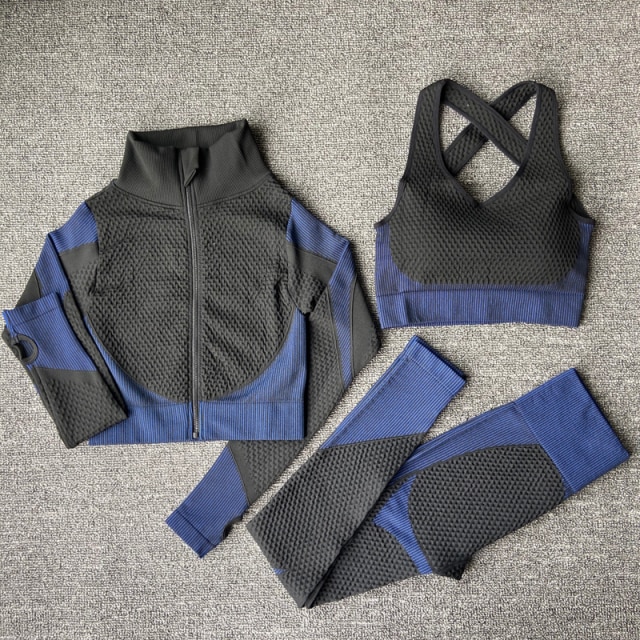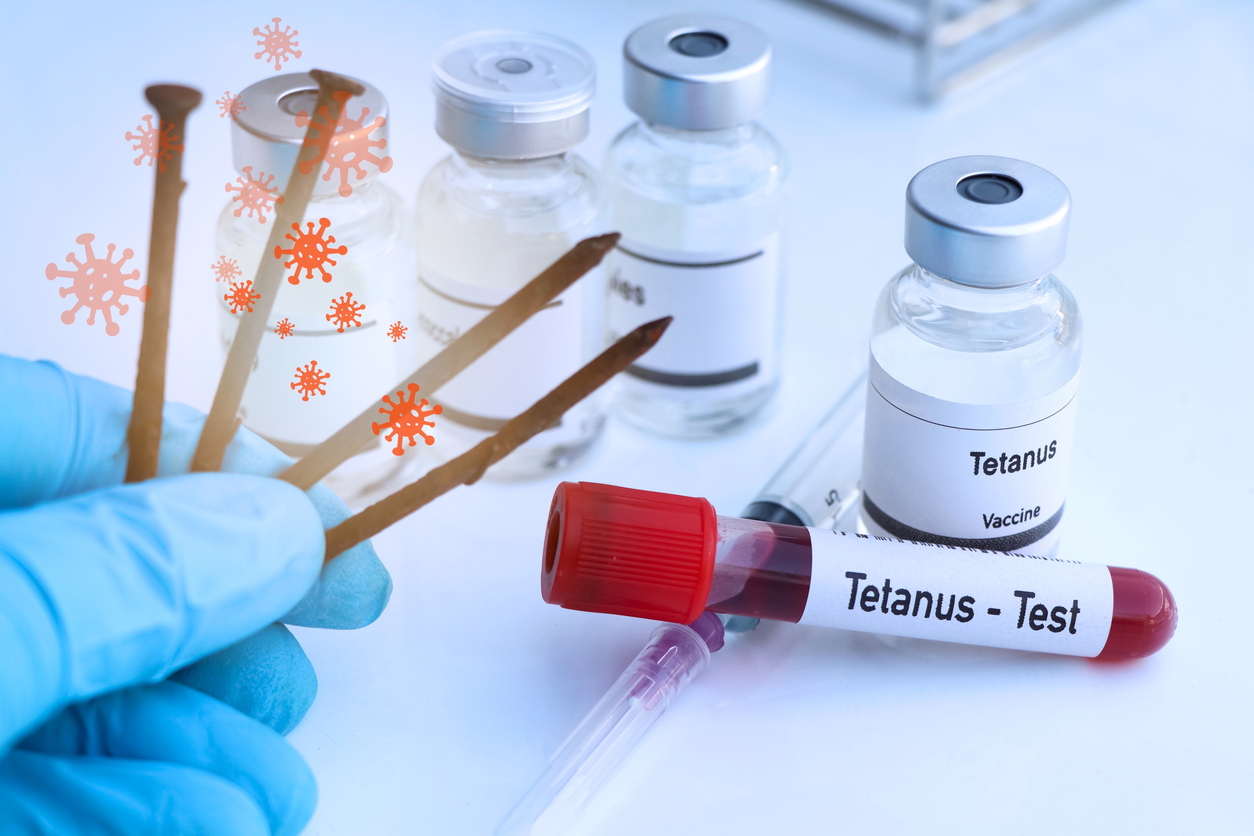How to Buy and Export Non-Knit Active Wear from Kenya
How to Buy and Export Non-Knit Active Wear from Kenya
Unless you live under a rock, you’ve probably heard about the growing demand for performance apparel. Athletes and exercise enthusiasts are fueling this demand, which has created new opportunities in the global market. Manufacturers who are ready to meet this demand have the opportunity to capitalize on these new market conditions and expand their business through activewear production “Made in Kenya”. However, anyone venturing into a new industry will face challenges along the way. Luckily, there are many resources available to help you start your own business selling active wear from Kenya. This blog post will give you an overview of the process and some advice on how to go about it effectively.
What is non-knit active wear?
Non-knit active wear refers to garments that are made from materials that are not knitted fabrics. This can include woven fabrics (i.e. fabrics made by weaving threads together) and fabrics like spandex and polyester. These fabrics make up the majority of activewear styles. Other activewear styles like swimwear, sports bras, and compression shorts are made from non-woven fabrics. While non-knit active clothing can range from shorts to sports bras and everything in between, its defining characteristic is that it is made from fabrics other than knitted fabrics.
Step 1: Find a Supplier
When sourcing your non-knit activewear, you’ll want to select a supplier who specializes in your preferred fabric. For example, if you want to sell spandex shorts, you’d want to find a supplier that specializes in spandex. It’s always best to source your product from a single supplier because it will help to ensure consistency in your product. For example, if your supplier’s spandex shorts have a certain look and feel, you can be sure that all of your spandex shorts will have the same look and feel. This consistency will help to ensure that your brand is recognized for its quality and that your customers are satisfied with their purchases.
Step 2: Find the Best Location
Before you start manufacturing non-knit activewear from Kenya, you’ll want to find the best location for your operation. You’ll want to consider factors like logistics, transportation costs, and taxes that affect your business. It’s important to select a location close to your target market, which will make it easier to sell your products. When it comes to taxes, you’ll want to find a country with a low tax rate. This will help you to keep your business expenses low and your profits high. Another factor to consider is the availability of raw materials. You’ll want to find a location with easy access to the type of fabric you want to use in your activewear.
Step 3: Set Up Your Manufacturing Process
After you find a supplier and determine the best location for your manufacturing process, you’ll need to set up your production process. This includes sourcing all of the materials you’ll need to produce your garments as well as determining who will do the work. When sourcing your materials, you’ll want to select suppliers who can provide the highest quality materials at an affordable price. For example, if you want to sell spandex shorts, you’ll want to source your fabric from a supplier that specializes in spandex. It’s important to select the highest quality spandex available, as it will significantly affect the appearance and durability of your shorts. You’ll also need to decide who will work on your garments. Depending on the garments you’re producing and the skill level of your workers, you may want to hire workers or outsource the entire process.
Step 4: Create a Marketing Strategy
If you want to sell your non-knit activewear, you’ll need to create a marketing strategy. This will help you to target your customers, sell your products, and get your name out there. When creating your marketing strategy, you’ll want to think about your customer base. For example, if you want to sell spandex shorts, you’ll want to find out more about the people who buy spandex shorts. You can do this by doing online research and conducting interviews with spandex shorts customers. Doing so will help you to determine the best marketing strategies for your spandex shorts business.
Step 5: Conclusion
Now that you know what goes into buying and exporting non-knit active wear from Kenya, you can start making plans to start your business. You’ll want to begin by selecting a supplier who can provide high-quality materials at an affordable price. It’s also important to select the best location for your operations and set up your production process. Once you’ve done this, you’ll want to create a marketing strategy to help you sell your products. Now that you’ve read this post, you have a better understanding of how to buy and export non-knit active wear from Kenya.








LEAVE A COMMENT
You must be logged in to post a comment.